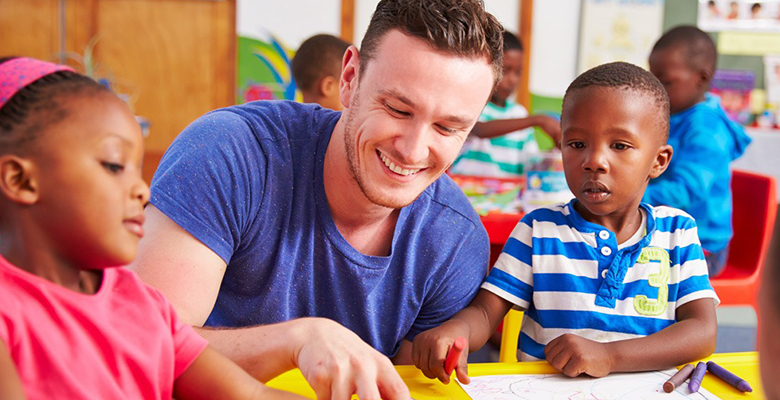
The Child Empowerment Program is designed to protect, nurture, and prepare children for a successful and responsible future. This program addresses challenges such as child neglect, abuse, poor early childhood development (ECD), and educational disparities. In regions like Turkana, the 2023 UNICEF report revealed that over 45% of children under five suffer from stunting, while less than 30% attend early childhood centers. Similarly, in urban slums of Nairobi such as Kibera and Mathare, children are vulnerable to abuse, malnutrition, and poor access to quality education due to poverty and overcrowding. The program aims to provide holistic child development through community-based ECD centers, parental sensitization, feeding programs, mentorship, talent development, and psychosocial support.
The implementation will involve partnering with the Ministry of Education, NGOs, faith-based organizations, and schools to set up NeGI Child Development Centers in each target county. These centers will offer structured learning, nutritional support, play-based therapy, and value-based education. Community caregivers and trained volunteers will be engaged to promote child rights and parenting education. By empowering children and creating safe and nurturing environments, the program hopes to reduce child exploitation, improve literacy and numeracy skills, and produce responsible citizens who contribute meaningfully to society.
NeGI’s Community Outreach Program has been further expanded to include direct social support to vulnerable community members such as the elderly, widows, and people with disabilities. Across counties like Turkana, Kisumu, and Mombasa, widespread poverty, urban displacement, and food insecurity continue to threaten the well-being of many. A 2023 report by the World Food Programme highlighted that over 4.4 million Kenyans required food assistance. To address this, NeGI will carry out targeted outreach missions to build simple housing units for the homeless and the elderly, supply food and clothing, and offer psychosocial support to those living in isolation. These humanitarian responses will be coordinated with local churches, mosques, youth groups, and the county social development offices. Community kitchens and mobile feeding points will be established in the most affected zones during droughts and festive seasons. By offering practical support and restoring dignity, NeGI will foster compassion, reduce suffering, and reinforce the social fabric across generations and demographics.
